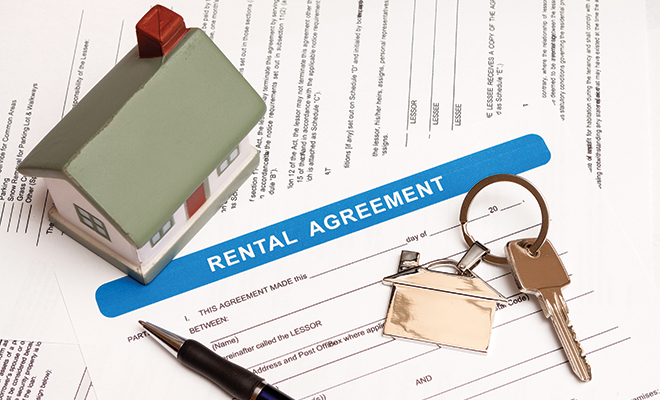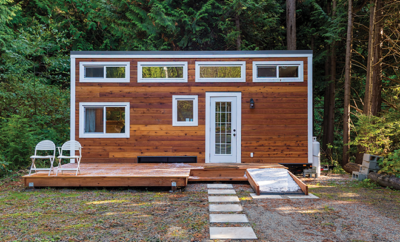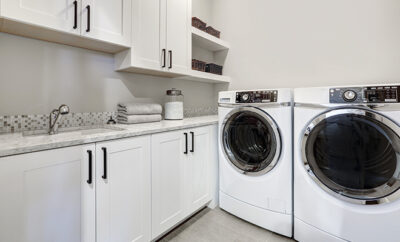
Questions to ask your landlord
Your apartment or home lease is more than just paper; it’s a legal, binding contract that you need to review and understand. Your landlord should be happy to answer any questions you may have before you sign on the dotted line. If she’s not, this may be a warning sign for you to look elsewhere.
Whether you’re moving to a new city or looking for your first rental abode, here is a list of common and uncommon questions you need to ask.
What is your pet policy?
This may seem like a strange first question to ask, but if the landlord doesn’t allow any pets, or only certain kinds of pets, it makes no sense to go any further if you don’t fit this criterion. If pets are allowed, find out if there are pet fees. These can be non-refundable fees or simple deposits that you can recoup. You may also be faced with additional rent per pet, per month.
What is your application and screening process?
Some landlords require a credit check, along with verification of income, such as a pay stub, and your past rental history. You may need to pay a fee for this process, so be prepared.
What are the monthly rent, deposit and utility costs?
You may be able to negotiate a lower rent if the unit has been vacant for a while. Most landlords set their rents based on the surrounding area, so if you know of a less expensive unit, it may help you to get a lower price. At any rate, it never hurts to try. Ask how you will pay rent, whether via internet, mail or drop-off, and don’t forget to ask about the late fee policy.
State laws differ on deposits, so be sure to ask if you will receive your deposit back, and exactly what you will need to do at the end of your lease term to guarantee you will get it. It’s a great idea to do a walk-through with the landlord and take photos or video of the unit so there will be no problems upon move-out. Review what furnishings or appliances are provided, and if you want to make changes to your unit, such as new paint colors, be sure to get prior approval.
Note what utility costs, if any, are included in your monthly rental. These costs can greatly affect your budget, so don’t get caught with unexpectedly high bills. Ask the landlord for normal gas, water or electric bills for your unit.
What is the term of the lease?
Shorter lease terms are a bit harder to find, but they do exist, usually at a premium rate. Most leases are the standard one year, with automatic month-to-month kicking in at the end of the first year. Or you may be asked to sign another year a few months before your first term ends. Be ready to decide if you want to stay or move out.
Early termination varies, so ask about your obligations if you need to terminate before your current lease expires. You may be required to pay the full amount remaining for the lease term, or you may be allowed to sublease your unit to someone else until your term expires.
How are maintenance requests handled?
It will be a rare occurrence if you move in and never need to call maintenance with an issue. Inquire about the procedure for handling routine calls as well as emergencies. It’s not unusual to ask who the maintenance person will be, especially since that person will be entering your unit, with or without you present during the work.
What is the amount of notice required before your landlord may enter your unit?
Sometimes the maintenance staff will need access to your unit to change air conditioning filters or do routine pest control. Be sure your landlord knows the legal amount of notice required in your state before entering your unit, usually 24 hours. You surely don’t want workers showing up and walking in without your knowledge.
What is the crime rate in the area?
Don’t feel bad about asking this question. After all, you are the one living there, not the landlord. Ask the landlord if they would live there! Be sure the locks will be changed, too. Believe it or not, in some college towns, the landlords never change the locks.
Is there a guest policy?
Ask exactly what constitutes a guest and how long that person can stay without creating a problem. If you anticipate frequent or long-term guests, it’s good to know this up front.
Most of these issues are addressed in the lease document, but discussing them with your landlord will bring peace of mind and open the lines of communication for a healthy relationship. ■
Sources: hotpads.com and huffingtonpost.com.







